Find Help
More Items From Ergsy search
-
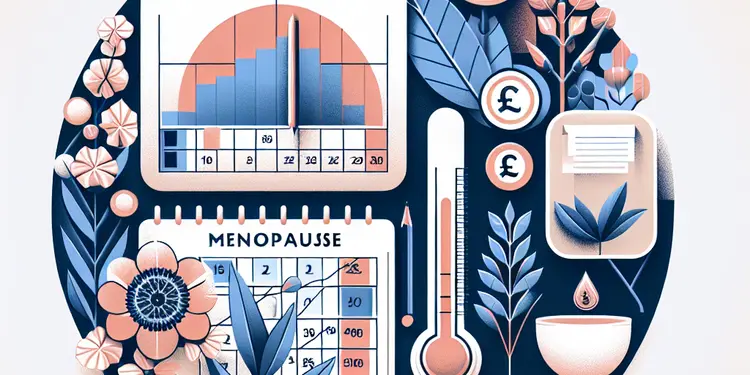
What is menopause?
Relevance: 100%
-
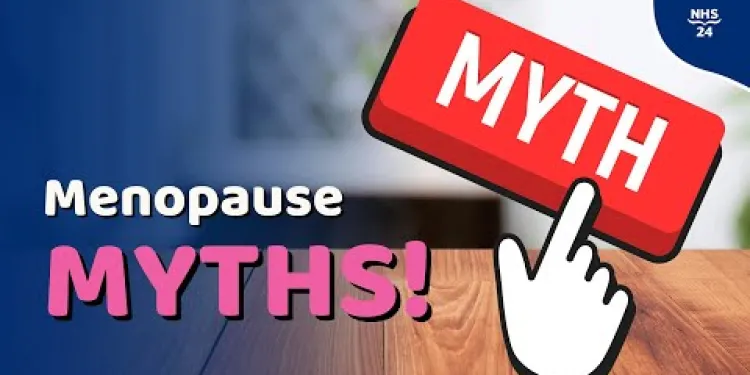
Menopause Myths
Relevance: 100%
-
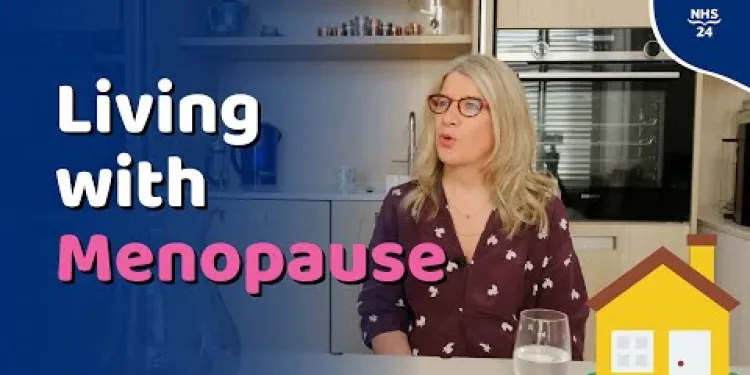
Living with the menopause
Relevance: 100%
-
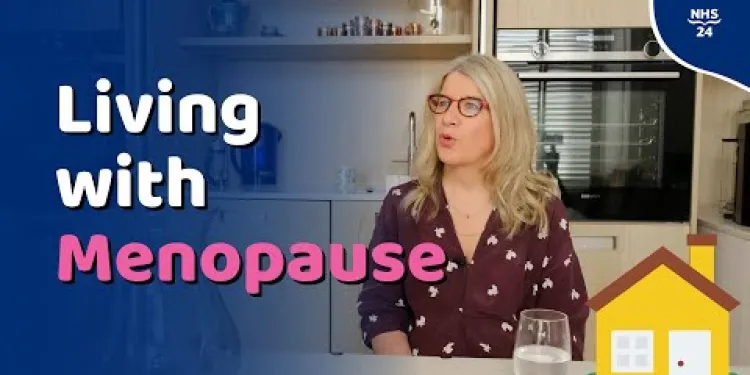
Living with the menopause
Relevance: 99%
-
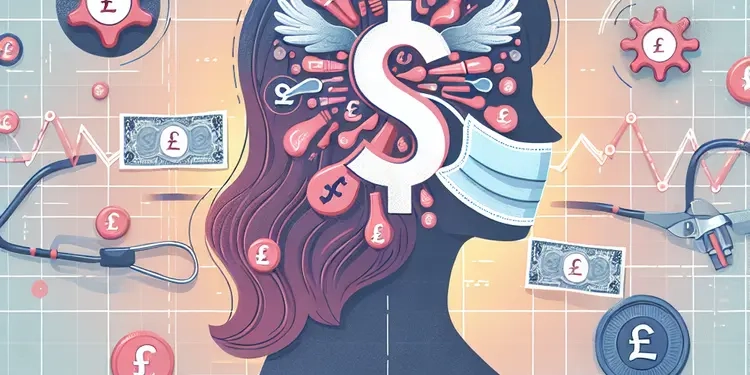
What is menopause masking?
Relevance: 96%
-

What is menopause masking?
Relevance: 96%
-
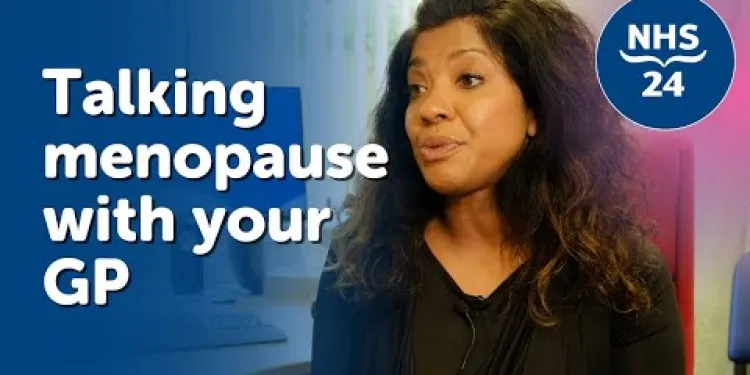
Talking menopause with your GP
Relevance: 93%
-
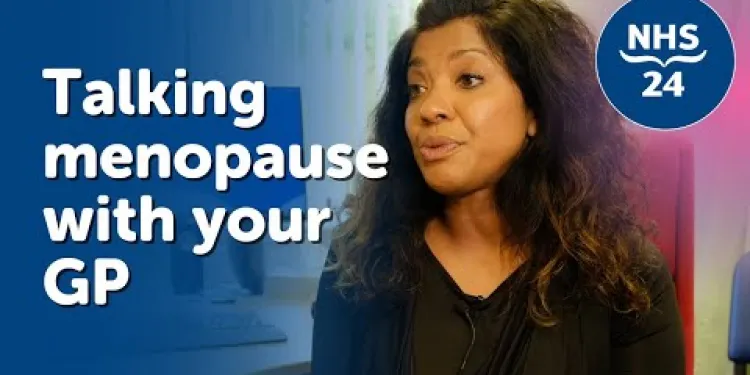
Talking menopause with your GP
Relevance: 93%
-
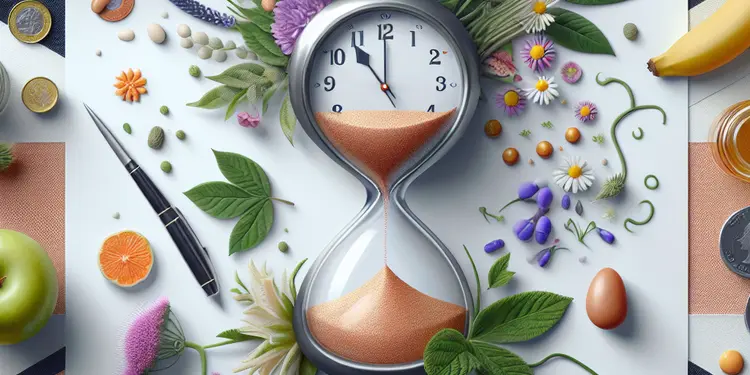
Is it possible to delay menopause naturally?
Relevance: 92%
-
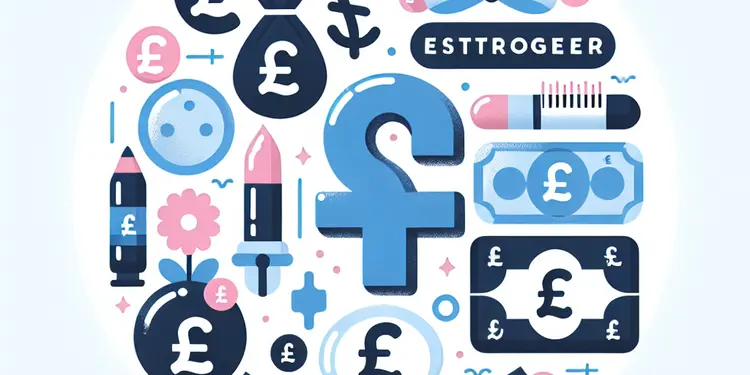
What is the role of estrogen in menopause?
Relevance: 91%
-
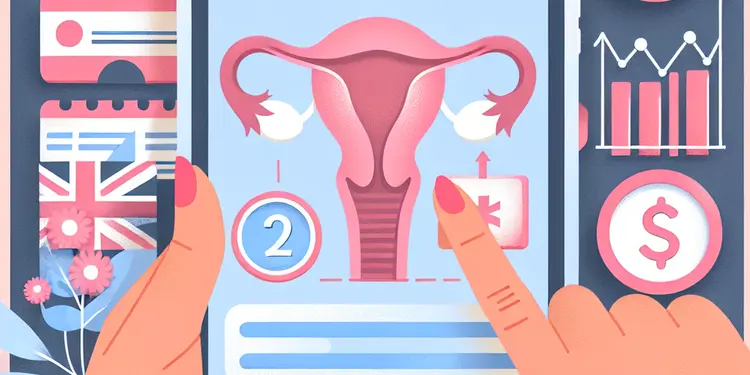
What are common symptoms of menopause?
Relevance: 91%
-

Are there natural remedies for menopause masking?
Relevance: 90%
-
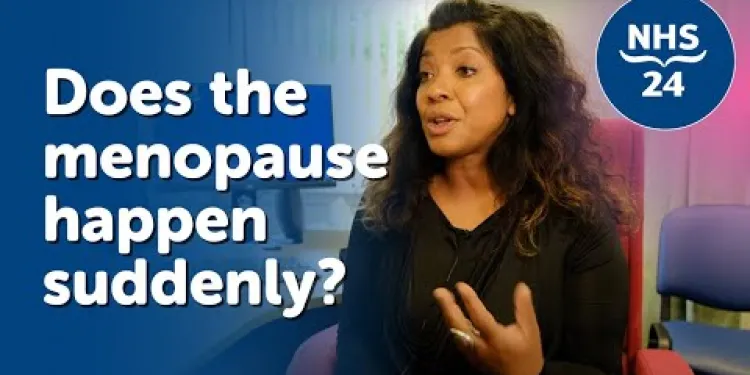
Does the menopause just happen suddenly?
Relevance: 89%
-
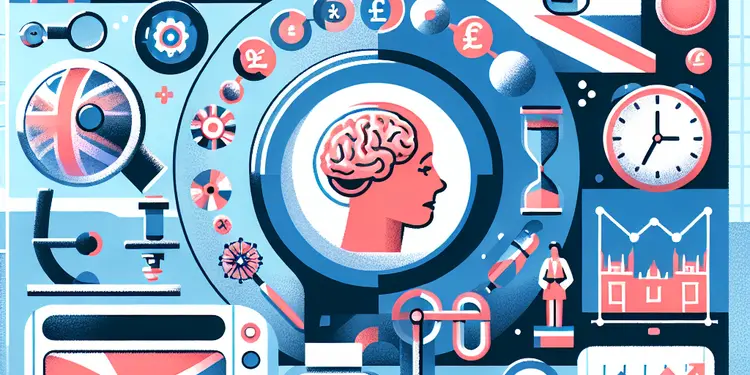
Is there scientific evidence linking menopause to dementia?
Relevance: 88%
-
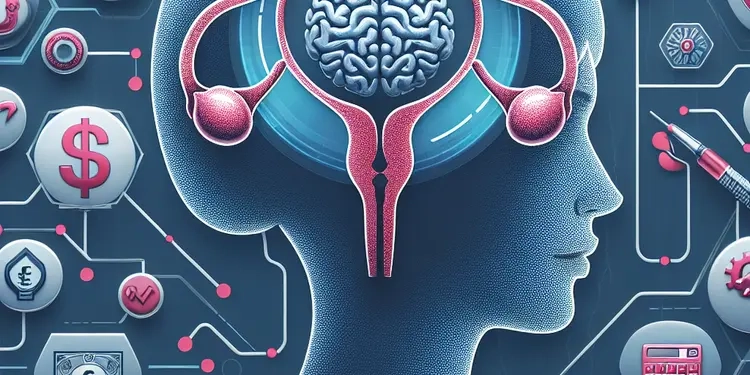
Is menopause linked to loss of brain matter?
Relevance: 88%
-
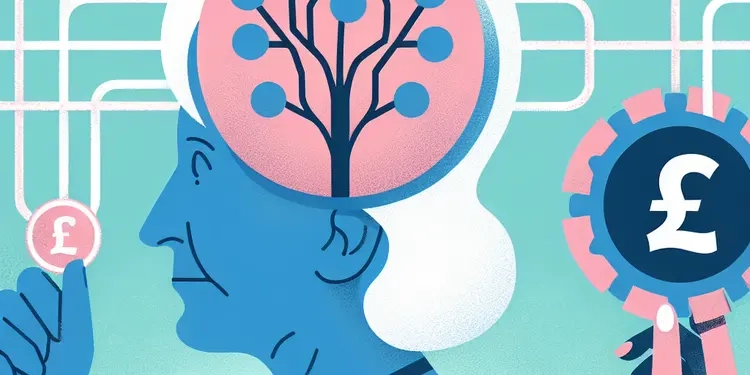
What are the links between menopause and dementia?
Relevance: 88%
-

Are there specific types of dementia linked to menopause?
Relevance: 88%
-
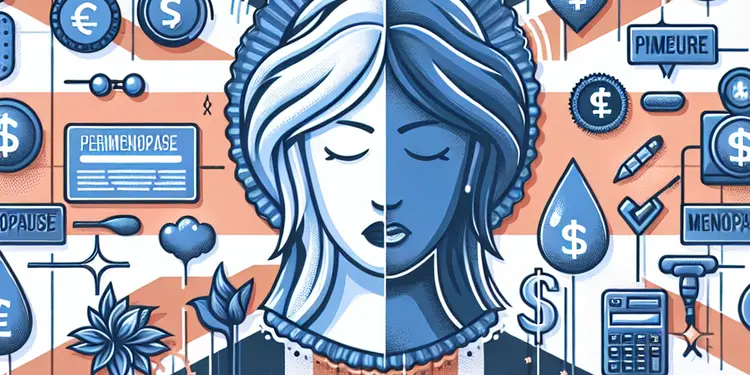
What is the difference between perimenopause and menopause?
Relevance: 87%
-

What treatments are available for menopause masking?
Relevance: 87%
-
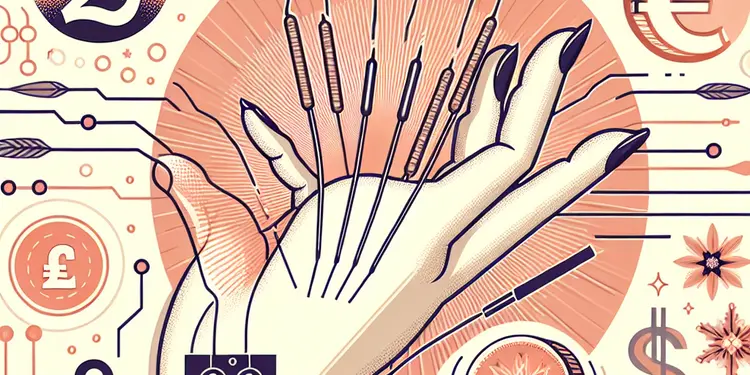
Can acupuncture help with menopause masking?
Relevance: 87%
-

How long does menopause typically last?
Relevance: 86%
-
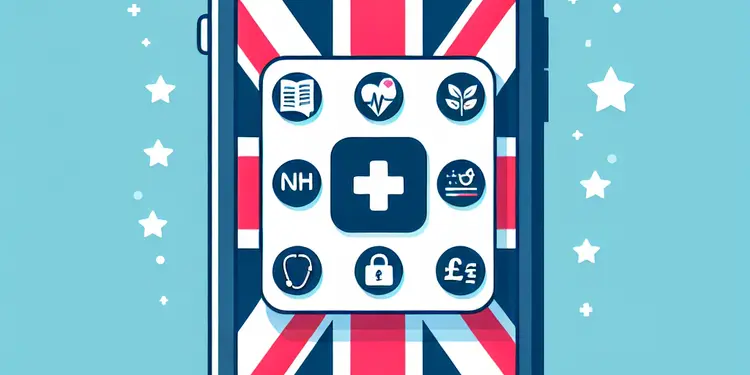
Are there any NHS apps for managing menopause symptoms?
Relevance: 86%
-
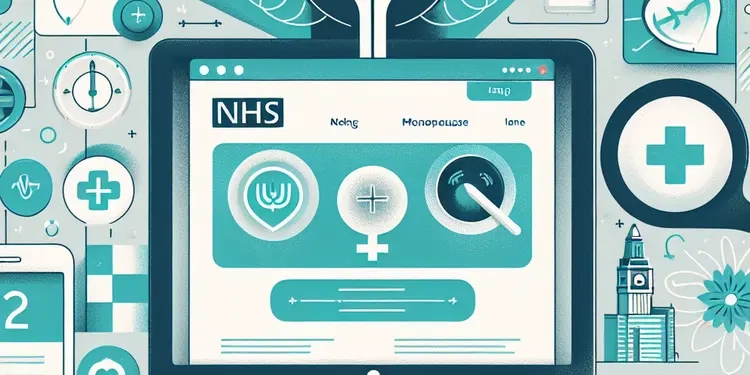
Does the NHS offer an online hospital for menopause?
Relevance: 86%
-
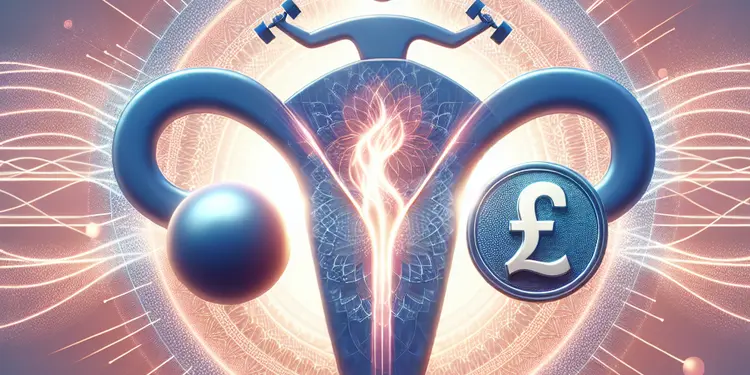
How does exercise impact menopause masking?
Relevance: 85%
-
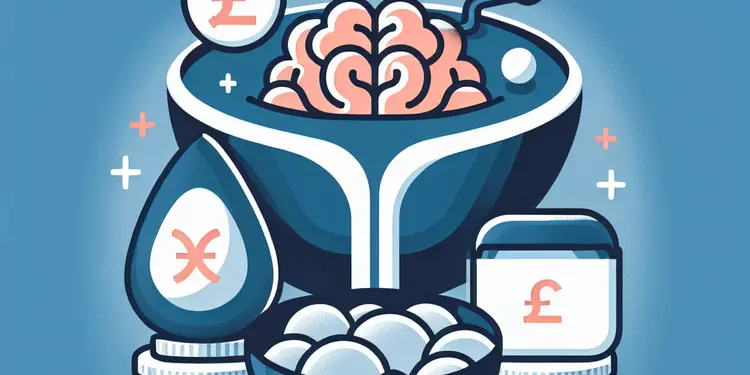
Is the age of menopause onset related to dementia risk?
Relevance: 85%
-
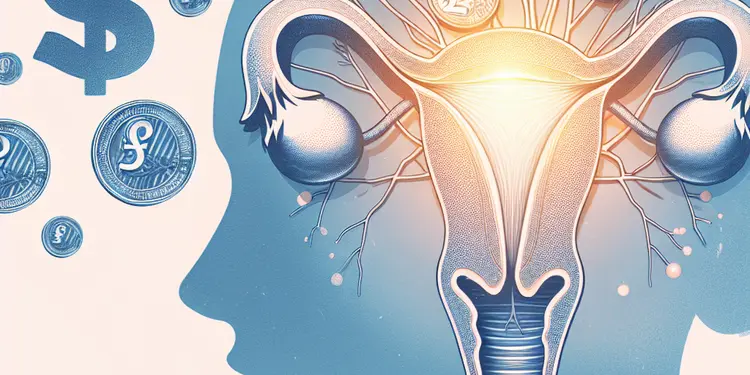
Can menopause affect bone health?
Relevance: 85%
-
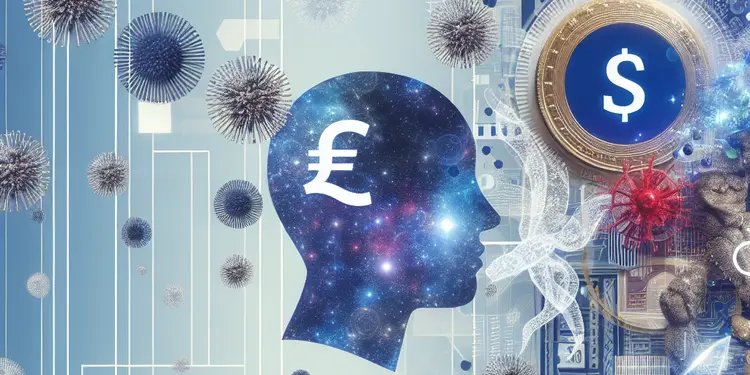
What psychological effects can menopause have?
Relevance: 85%
-

Why do some women use menopause masking?
Relevance: 85%
-

Can stress management aid in menopause masking?
Relevance: 85%
-

Does the NHS offer an online hospital for menopause?
Relevance: 85%
-

Are there psychological impacts of menopause that affect cognitive health?
Relevance: 85%
-

Can lifestyle changes help with menopause masking?
Relevance: 85%
-
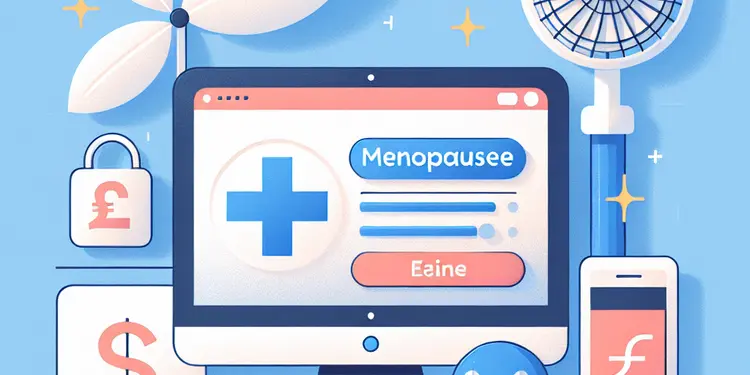
Does the NHS have an online symptom checker for menopause?
Relevance: 84%
-
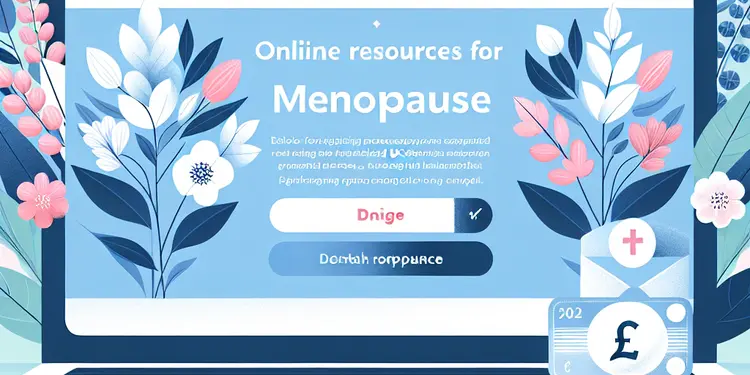
What online resources does the NHS offer for menopause?
Relevance: 83%
-

How does sleep quality relate to menopause symptoms?
Relevance: 83%
-

What further research is needed about menopause and dementia?
Relevance: 83%
-
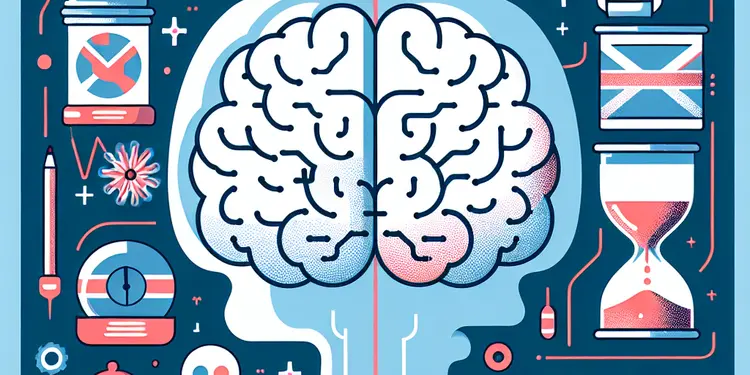
Do all women experience cognitive decline after menopause?
Relevance: 83%
-

What role does diet play in menopause masking?
Relevance: 83%
-
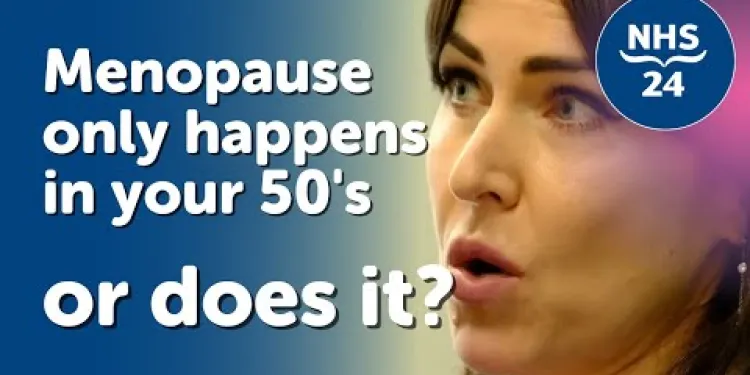
Does Menopause Only Happen in Your 50's? | NHS 24
Relevance: 82%
-

What are the signs of early cognitive decline related to menopause?
Relevance: 82%
Talking Menopause with Your GP
Recognising Symptoms
The first step in discussing menopause with your GP is recognising and documenting your symptoms. Common symptoms include hot flushes, night sweats, mood changes, and irregular periods. Take note of how these symptoms are affecting your daily life. Tracking your symptoms over time in a diary can provide valuable information for your GP to better assess your situation.
Preparing for Your Appointment
Before speaking with your GP, make a list of specific questions and concerns you want to address. Consider asking about treatment options, managing symptoms, and lifestyle changes that may help. Bringing a friend or family member with you for support can also be beneficial. Ensure you understand the basics of menopause so you can have a more informed conversation.
Questions to Ask
During your appointment, ask questions that will give you a comprehensive understanding of menopause. Some example questions include:
- What are the treatment options for managing menopause symptoms?
- Are there lifestyle changes that can help alleviate symptoms?
- What are the risks and benefits of hormone replacement therapy (HRT)?
- How will menopause impact my long-term health?
- Should I expect any changes to my medication or supplements during menopause?
Treatment and Support
Your GP can offer several treatment options, from lifestyle and dietary changes to medications like hormone replacement therapy (HRT). They can also refer you to a specialist if more specific care is needed. Support groups and counselling may be available locally, offering emotional support and advice from others who are going through similar experiences.
Follow-Up
After your initial appointment, it’s important to have follow-up visits to monitor your symptoms and adjust your treatment plan if necessary. Keep your GP informed about any changes or side effects from treatments. Regular check-ins ensure that your care plan is effective and that any emerging health issues are promptly addressed.
Menopause is a natural part of ageing, and you don’t have to navigate it alone. With the right preparation and open communication, your GP can be an invaluable partner in managing this transition.
Talking Menopause with Your GP
Recognising Symptoms
First, notice what feelings or changes you have that might be from menopause. These might be feeling very hot, sweating at night, feeling sad or angry, and having periods that are not regular. Write down how these changes affect your day-to-day life. Keeping a diary where you write these down is helpful for your doctor to know what's happening.
Preparing for Your Appointment
Before you visit your doctor, make a simple list of what you want to talk about. Think about asking your doctor what can help with your symptoms and changes you might make to your daily habits. It can be helpful to bring someone you trust with you for support. Understanding a bit about menopause can help you have a better talk with your doctor.
Questions to Ask
When you are with the doctor, ask questions so you know more about menopause. Here are some questions you can ask:
- What can I do to help with menopause symptoms?
- Can changing how I live make things better?
- What are the good and bad sides of taking hormone medicine?
- How will menopause change my health in the future?
- Will my medicine need to change because of menopause?
Treatment and Support
Your doctor can suggest different ways to help you, like changing your diet or medicines such as hormone therapy. They might also send you to a specialist if you need more help. You might find support groups where you can talk to others who feel the same way, and they can share advice.
Follow-Up
After your first visit, it’s important to see your doctor again to talk about how you are doing. Tell them if you feel different or have any problems with the treatment. Visiting the doctor regularly helps make sure you are getting the care you need and any new health problems can be found quickly.
Menopause happens as we get older, and you don’t have to handle it by yourself. With good planning and talking openly, your doctor can be a big help as you go through these changes.
Frequently Asked Questions
What is menopause?
Menopause is a natural biological process where a woman's menstrual periods permanently stop, marking the end of reproductive capability. It usually occurs between ages 45 and 55.
When should I talk to my GP about menopause symptoms?
You should talk to your GP if you experience symptoms that interfere with your daily life, such as hot flushes, night sweats, mood changes, or sleep disturbances.
What are common symptoms of menopause?
Common symptoms include hot flushes, night sweats, mood swings, sleep problems, weight gain, thinning hair, and dry skin.
Can I get a test to confirm I am going through menopause?
Generally, GPs diagnose menopause based on your symptoms. Blood tests are not usually necessary unless you are under 45 or there are other health concerns.
What treatments are available for menopause symptoms?
Treatments include hormone replacement therapy (HRT), lifestyle changes, alternative therapies, and medications to address specific symptoms like mood swings or sleep issues.
Is Hormone Replacement Therapy (HRT) safe?
HRT is generally safe for most women, particularly if started near the onset of menopause. However, it may not be suitable for everyone. Your GP will discuss your individual risks and benefits.
Are there lifestyle changes that can help manage menopause symptoms?
Yes, regular exercise, a healthy diet, staying hydrated, quitting smoking, and reducing alcohol and caffeine can help manage symptoms. Stress management techniques and maintaining a healthy weight are also beneficial.
Can natural supplements help with menopause symptoms?
Some women find relief with natural supplements like black cohosh, soy, or red clover. However, their effectiveness varies, and it’s important to discuss any supplements with your GP to ensure they are safe for you.
How can I manage menopause-related mood swings?
Managing mood swings can involve lifestyle changes, counselling, and medical treatments. Regular physical activity, a healthy diet, mindfulness, and adequate sleep are important. In some cases, antidepressants or HRT may be recommended.
What should I do if HRT is not suitable for me?
If HRT is not suitable, your GP may suggest other medications or treatments to help relieve your symptoms, such as antidepressants for mood swings or blood pressure medication for hot flushes.
Can menopause affect bone health?
Yes, the decrease in oestrogen during menopause can lead to a decrease in bone density, increasing the risk of osteoporosis. Ensuring adequate calcium and vitamin D intake, along with regular weight-bearing exercise, can help maintain bone health.
What are the risks of untreated menopause symptoms?
Untreated menopause symptoms can affect your quality of life, leading to chronic sleep disturbances, depression, anxiety, and increased risks of certain health conditions like osteoporosis and cardiovascular disease.
How can I prepare for my GP appointment about menopause?
Make a list of your symptoms, their frequency, and how they affect your life. Note any questions or concerns you have, and bring a list of all medications and supplements you are taking.
Are menopause symptoms permanent?
Most symptoms gradually decrease over time, but the duration and severity can vary widely among women. Some symptoms like vaginal dryness can be long-lasting without treatment.
Can menopause affect my heart health?
Yes, post-menopausal women have an increased risk of developing cardiovascular disease due to the decline in oestrogen. Maintaining a healthy lifestyle is crucial for heart health during and after menopause.
What is menopause?
Menopause is when a woman's body stops having periods. This means she can't have babies anymore. It usually happens between ages 45 and 55.
Some tools to help understand and manage menopause are:
- Talking to a doctor: They can give advice and help.
- Keeping a journal: Write down how you feel. It helps to track changes.
- Joining support groups: Talk with other women who are going through the same thing.
Menopause is a natural change in a woman's body. During menopause, a woman stops having her periods, which means she can't have babies anymore. This usually happens between the ages of 45 and 55.
When should I see my doctor about menopause signs?
Menopause is when a woman's periods stop for good. It can cause changes in your body.
Talk to your doctor if you:
- Feel very hot a lot (called hot flashes).
- Feel sad or cross often.
- Have trouble sleeping.
- Have questions about your body changes.
Your doctor can help you feel better. You can write down your symptoms before you go. This will help you remember what to say.
If things like hot flushes, night sweats, mood changes, or trouble sleeping make your day hard, you should tell your doctor. They can help you feel better.
What happens to women during menopause?
When a woman goes through menopause, her body changes. Here are some things that might happen:
- Hot Flashes: You might feel very warm suddenly.
- Night Sweats: You might sweat a lot when you sleep.
- Sleep Problems: You might find it hard to sleep well.
- Feeling Sad or Moody: You might feel sad or upset more often.
- Body Changes: Your body might feel different. You might gain weight or your skin might feel dry.
If these things happen and they bother you, talk to a doctor or a nurse. They can help you feel better.
Here are some common signs:
- Hot flashes (you feel very warm suddenly)
- Sweating at night
- Mood changes (like feeling happy or sad quickly)
- Trouble sleeping
- Gaining weight
- Hair getting thin
- Skin feeling dry
If you feel these things, talk to an adult or a doctor. Writing things down can help you remember. You can also use pictures or apps to help explain how you feel.
Can a test show if I am in menopause?
Yes, you can have a test to find out if you are in menopause. Here is what you can do:
- Talk to your doctor. They can help you.
- You might need a blood test. This can show hormone levels.
- Your doctor will explain the test results.
If you need extra help:
- Ask a friend to come with you to the doctor.
- Write down your questions for the doctor.
- Use apps or tools to remind you of appointments.
Doctors usually know if you have menopause by asking about how you feel. You don't always need a blood test. But if you are younger than 45 or have other health problems, you might need one.
What can help with menopause symptoms?
During menopause, your body changes and you may feel different. Here are some things that can help you feel better:
- Talk to a Doctor: A doctor can give you medicine to help with how you feel.
- Healthy Eating: Eating fruits, vegetables, and healthy foods can help your body stay strong.
- Exercise: Moving your body by walking or dancing can make you feel better.
- Relaxation: Doing things like deep breathing or listening to calming music can help you relax.
- Support Groups: Talking to other people who are going through menopause can make you feel less alone.
Remember, it's important to be kind to yourself and ask for help if you need it.
Treatments can help you feel better. These include:
- Taking medicine called HRT to balance hormones.
- Changing how you live, like eating healthy food and exercising.
- Trying other ways to feel better, like talking to someone or using relaxation techniques.
- Using medicine to help with mood changes or sleeping problems.
Is Hormone Replacement Therapy (HRT) safe?
Hormone Replacement Therapy (HRT) is a treatment. It helps people feel better when their hormones are low. People should ask their doctor if HRT is safe for them. This is because everyone is different.
Here are some helpful tips:
- Talk to a doctor or nurse.
- Read information from trusted websites.
- Ask questions if you do not understand.
HRT is usually safe for most women, especially if they start it when menopause begins. But it might not be a good choice for everyone. Your doctor will talk with you about what is best for you.
Can changing how you live help with menopause symptoms?
Yes, changing some things in your life can help with menopause symptoms. Here are some ideas:
- Eat healthy food like fruits and vegetables.
- Exercise regularly, like going for a walk or a swim.
- Try to sleep well every night. A bedtime routine might help.
- Talk to someone if you feel sad or worried.
- Practice relaxation, like deep breathing or meditation.
Using a calendar to track symptoms can also help. You can talk to a doctor for more ideas.
Yes, doing regular exercise, eating healthy food, drinking plenty of water, stopping smoking, and having less alcohol and caffeine can help. It is also good to manage stress and keep a healthy weight.
Can natural supplements help with menopause symptoms?
Can natural supplements help with menopause symptoms? This means, do natural products help with signs of menopause?
Menopause is when a woman's body changes and she stops having periods. Sometimes, this can make women feel different.
Natural supplements are things like herbs or vitamins that people take to feel better. They are not made in factories like regular medicine.
Some people say natural supplements help with menopause. But it's important to talk to a doctor before trying them. This way, they can check they are safe for you.
If you want to learn more, you can:
- Talk to a doctor
- Read simple books about menopause
- Ask someone you trust for help
Some women feel better by taking natural supplements. Some of these are black cohosh, soy, or red clover. But, these don't always work the same for everyone. It is very important to talk to your doctor before you take any supplements. This helps make sure they are safe for you.
How can I handle mood changes during menopause?
Menopause can make you feel happy, sad, or upset. Here are some ways to help you:
- Talk to someone: Share your feelings with friends or family.
- Exercise: Move your body. Walking or dancing can help lift your mood.
- Eat healthy: Eat fruits and vegetables. They give you energy.
- Sleep well: Try to go to bed at the same time every night.
- Relax: Take deep breaths or listen to calming music.
If you feel very sad, talk to your doctor. They can help you feel better.
Mood swings are changes in how you feel. You can do some things to help manage them. These things include changes to how you live, talking to someone who can help, and medicine.
Exercise a bit every day. Eat good food that makes you feel healthy. Try to be calm and relax your mind. Get enough sleep every night.
Sometimes, doctors might give you medicine to help, like pills for feeling less sad or hormones to balance your body.
What can I do if HRT is not right for me?
If HRT is not right for you, your doctor might suggest other medicines or treatments. These can help you feel better. For example, they might give you medicine for feeling sad or upset, or medicine to help with hot flushes.
Does menopause change bone health?
Menopause can change a woman's body. One change is weaker bones. Bones might break more easily.
Here are some tips to help keep bones strong:
- Eat foods with calcium, like milk and cheese.
- Get sunshine for vitamin D!
- Play and exercise to make bones strong.
If worried about bones, talk to a doctor for help!
When women get older, their bodies make less of a hormone called oestrogen. This can make bones weaker. Weaker bones can lead to a problem called osteoporosis. This means bones can break more easily.
To keep your bones strong, it's good to eat foods with calcium like milk and cheese. Also, getting some sunshine helps because it gives us vitamin D. Doing exercises where you move and use your body weight, like walking or dancing, is also very helpful.
If you're having trouble, talk to a doctor or use apps that can remind you to exercise and eat healthy foods.
What can happen if menopause symptoms are not treated?
If menopause is not treated, it can make life hard. It can stop you from sleeping well, make you feel sad or worried, and may make you more likely to get health problems like weak bones or heart sickness.
How can I get ready for my doctor visit about menopause?
Going to the doctor to talk about menopause can be important. Here are some tips to help you get ready:
- Make a list of your symptoms. Write down how you feel and any changes you notice.
- Think about questions you want to ask the doctor. It's okay to write them down.
- Take a friend or family member with you if it makes you feel better.
- Bring a notebook to jot down what the doctor says. Or you can ask the doctor to write things down for you.
These steps can help you have a good and helpful visit with your doctor.
Write down all the things that are wrong or bothering you. Write down how often they happen and how they make you feel. Write any questions you want to ask too. Bring a list of all the medicine or vitamins you take.
Do menopause symptoms last forever?
Most symptoms get better over time, but how long they last and how strong they are can be different for each woman. Some symptoms, like vaginal dryness, might not go away without help.
Does menopause change how my heart works?
When women go through menopause, their bodies make less of a hormone called estrogen. This can make it easier for them to get heart disease. It's really important to live a healthy life to keep your heart strong during and after menopause.
Here are some things you can do to help:
- Eat lots of fruits and vegetables.
- Exercise regularly, like going for a walk or playing a sport.
- Don't smoke cigarettes.
- Try to stay at a healthy weight.
- Visit the doctor for check-ups.
Useful Links
This website offers general information and is not a substitute for professional advice.
Always seek guidance from qualified professionals.
If you have any medical concerns or need urgent help, contact a healthcare professional or emergency services immediately.
Some of this content was generated with AI assistance. We’ve done our best to keep it accurate, helpful, and human-friendly.
- Ergsy carfully checks the information in the videos we provide here.
- Videos shown by Youtube after a video has completed, have NOT been reviewed by ERGSY.
- To view, click the arrow in centre of video.
- Most of the videos you find here will have subtitles and/or closed captions available.
- You may need to turn these on, and choose your preferred language.
- Go to the video you'd like to watch.
- If closed captions (CC) are available, settings will be visible on the bottom right of the video player.
- To turn on Captions, click settings .
- To turn off Captions, click settings again.
More Items From Ergsy search
-

What is menopause?
Relevance: 100%
-

Menopause Myths
Relevance: 100%
-

Living with the menopause
Relevance: 100%
-

Living with the menopause
Relevance: 99%
-

What is menopause masking?
Relevance: 96%
-

What is menopause masking?
Relevance: 96%
-

Talking menopause with your GP
Relevance: 93%
-

Talking menopause with your GP
Relevance: 93%
-

Is it possible to delay menopause naturally?
Relevance: 92%
-

What is the role of estrogen in menopause?
Relevance: 91%
-

What are common symptoms of menopause?
Relevance: 91%
-

Are there natural remedies for menopause masking?
Relevance: 90%
-

Does the menopause just happen suddenly?
Relevance: 89%
-

Is there scientific evidence linking menopause to dementia?
Relevance: 88%
-

Is menopause linked to loss of brain matter?
Relevance: 88%
-

What are the links between menopause and dementia?
Relevance: 88%
-

Are there specific types of dementia linked to menopause?
Relevance: 88%
-

What is the difference between perimenopause and menopause?
Relevance: 87%
-

What treatments are available for menopause masking?
Relevance: 87%
-

Can acupuncture help with menopause masking?
Relevance: 87%
-

How long does menopause typically last?
Relevance: 86%
-

Are there any NHS apps for managing menopause symptoms?
Relevance: 86%
-

Does the NHS offer an online hospital for menopause?
Relevance: 86%
-

How does exercise impact menopause masking?
Relevance: 85%
-

Is the age of menopause onset related to dementia risk?
Relevance: 85%
-

Can menopause affect bone health?
Relevance: 85%
-

What psychological effects can menopause have?
Relevance: 85%
-

Why do some women use menopause masking?
Relevance: 85%
-

Can stress management aid in menopause masking?
Relevance: 85%
-

Does the NHS offer an online hospital for menopause?
Relevance: 85%
-

Are there psychological impacts of menopause that affect cognitive health?
Relevance: 85%
-

Can lifestyle changes help with menopause masking?
Relevance: 85%
-

Does the NHS have an online symptom checker for menopause?
Relevance: 84%
-

What online resources does the NHS offer for menopause?
Relevance: 83%
-

How does sleep quality relate to menopause symptoms?
Relevance: 83%
-

What further research is needed about menopause and dementia?
Relevance: 83%
-

Do all women experience cognitive decline after menopause?
Relevance: 83%
-

What role does diet play in menopause masking?
Relevance: 83%
-

Does Menopause Only Happen in Your 50's? | NHS 24
Relevance: 82%
-

What are the signs of early cognitive decline related to menopause?
Relevance: 82%


